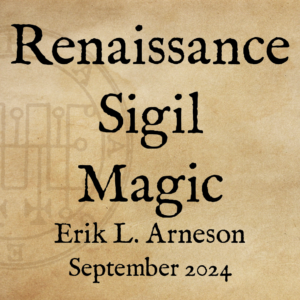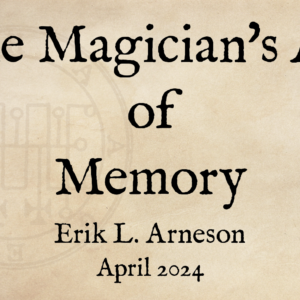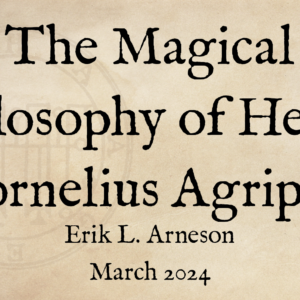Renaissance Sigil Magic is back! First offered at Dark Star Magick earlier this year, my class exploring historical techniques for sigil creation is now being offered online! From magic squares to magical alphabets to magical math, let the methods of pre-modern magicians come alive for you!
Tag: agrippa
I am now happy to offer my class, The Magical Philosophy of Heinrich Cornelius Agrippa, online! This class explores Henry Cornelius Agrippa’s theory of divine light as illustrated in Three Books of Occult Philosophy. We will examine divine light’s role in both interior and exterior perception, an essential foundation for understanding the practice of image… Read more »
I have added a new tool to the resources section of the website: the Daimon Sigil Generator! You can go check it out immediately, or keep reading for some additional background.
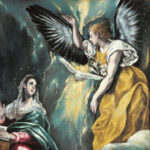
/
RSS Feed
Here we are, at part six of our deep dive into Heinrich Cornelius Agrippa’s Three Books of Occult Philosophy. We’re over halfway done! I know it’s been a weird ride, but hold on, because we haven’t gotten to the strangest stuff yet. At this point in our exploration, we have developed a strong idea of… Read more »

/
RSS Feed
Welcome to the second part of our deep-dive into Heinrich Cornelius Agrippa’s hugely influential giant book, Three Books of Occult Philosophy. In this episode, we will be searching for the answer to a pressing question: how did Agrippa manage to write such an enormous book before he even turned 25? Thanks to Eric Purdue’s long… Read more »

/
RSS Feed
Welcome to the first episode in a series that will be exploring the content, message, and ongoing influence of Heinrich Cornelius Agrippa’s magnum opus, De occulta philosophia libri tres, better known in the modern world as Three Books of Occult Philosophy. In this series of episodes, I will talk to experts, translators, historians, and magicians… Read more »
Read my book reviews of the new translations of Heinrich Cornelius Agrippa’s De occulta philosophia. The translations are by Eric Purdue and Paul Summers Young.
